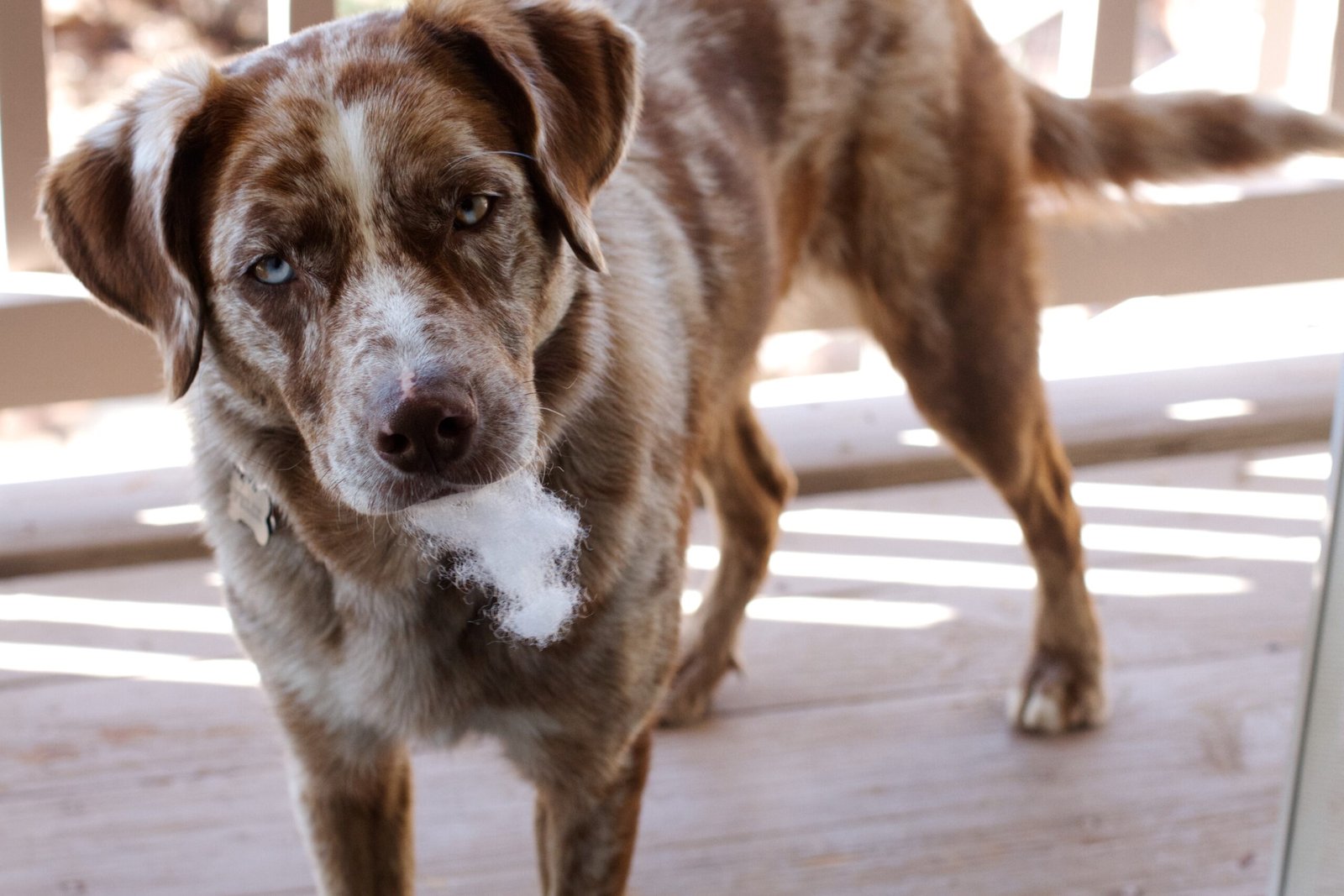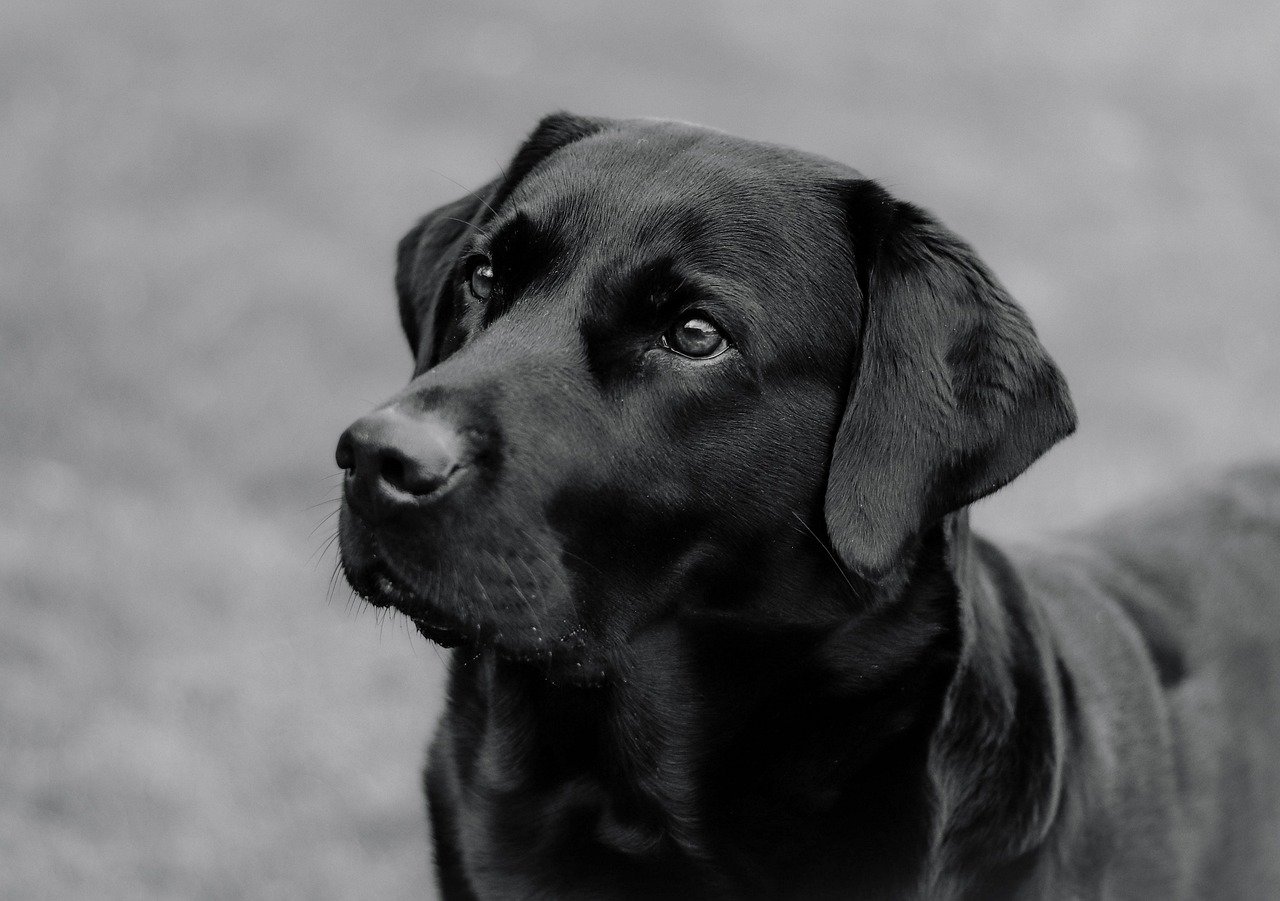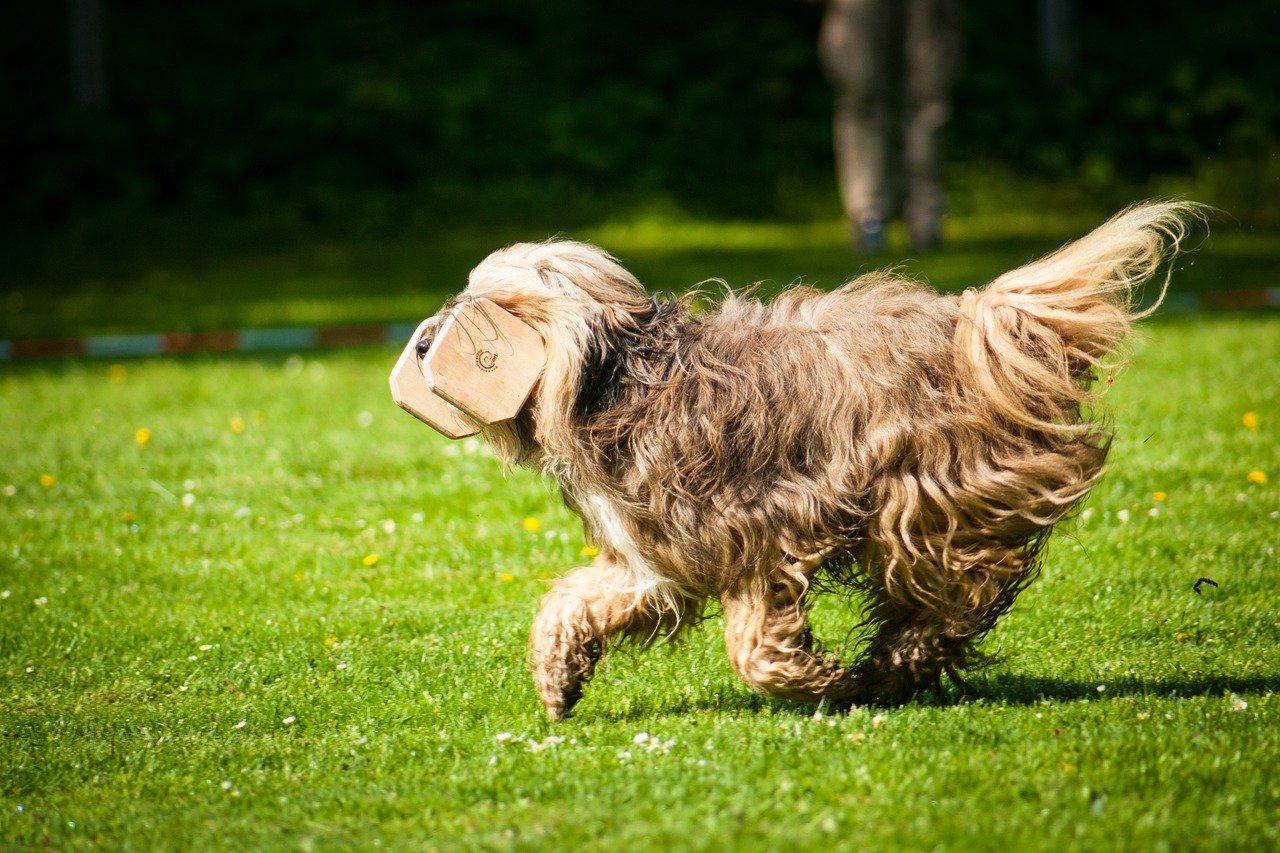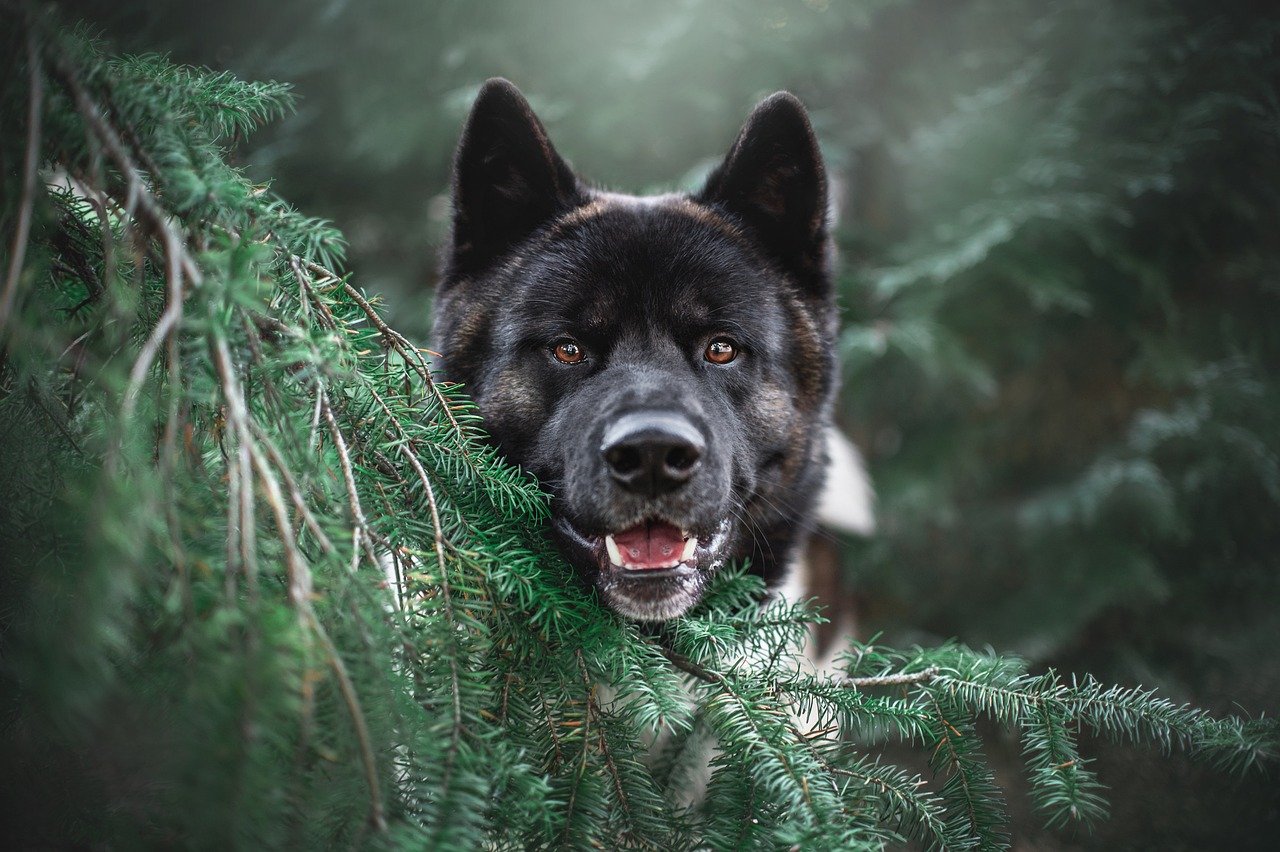Have you ever caught your dog after they’ve made a mess, chewed up your favorite shoes, or barked a little too much? Those big, soulful eyes and droopy ears can almost melt your heart. It’s as if your furry friend is trying to say, “I’m sorry!” But how do dogs apologize without words? The answer might surprise you. From gentle tail wags to a sheepish snuggle, dogs have their own unique ways of showing regret and seeking forgiveness. Let’s dive into the fascinating world of canine apologies, and discover what your dog really means when they try to say “sorry.”
Puppy Eyes That Melt Your Heart
Few things are more powerful than a dog’s “puppy eyes.” When your dog knows they’ve done something wrong, they often look up at you with those big, round, pleading eyes. This expression is hardwired to tug at your emotions. It’s as if they’re saying, “Please don’t be mad at me.” Dogs have learned over thousands of years that humans respond to this look with understanding or even forgiveness. So, when your pooch gives you that soulful stare after a mishap, know that it’s their way of showing remorse. Sometimes, they’ll lower their head a bit or blink slowly, which makes the apology even more touching. For many dog lovers, those eyes are impossible to resist.
Tucked Tails and Lowered Ears

A dog’s body language can speak volumes. When a dog feels guilty or sorry, they often tuck their tail between their legs and lower their ears flat against their head. This posture is a classic sign of submission and regret. It’s almost like they’re trying to make themselves smaller to avoid your disappointment. You might notice your dog shuffling or walking slowly, trying to blend into the background. This behavior is their way of saying, “I know I messed up, and I wish I hadn’t.” It’s a gentle reminder that dogs are sensitive to our feelings and want to make things right.
Gentle Licking and Kisses
Have you ever noticed your dog coming over to give you gentle licks after they’ve been scolded? Dogs use licking as a way to bond, show affection, and, yes, even apologize. When your dog licks your hand, face, or even your feet after doing something naughty, it’s their way of reaching out for forgiveness. Think of it as a doggy peace offering! This sweet gesture can instantly soften your heart and restore the special bond you share. Remember, dogs often lick each other to smooth over disagreements, so it’s only natural they’d use the same strategy with their favorite human.
Rolling Over and Showing Their Belly

When a dog feels truly sorry, they might roll onto their back and expose their belly. This is one of the most vulnerable positions for a dog, and it’s a clear sign of submission. By showing you their tummy, your dog is saying, “I trust you, and I don’t mean any harm.” It’s an act of humility and a plea for forgiveness. Some dogs will even nudge your hand with their nose, inviting a gentle belly rub to seal the peace. This adorable display is often impossible to resist and can quickly turn frustration into laughter.
Following You Around Closely
After a mistake, many dogs will shadow your every move, staying closer than usual. It’s as if they’re afraid you might be upset with them and want to make things right. This clingy behavior is your dog’s way of seeking reassurance and showing they care about your feelings. They might nuzzle your hand, sit at your feet, or rest their head on your lap. Dogs are incredibly perceptive, and when they sense tension, they try to bridge the gap with their presence. This “apology by proximity” is both heartwarming and a reminder of how deeply dogs value their bond with us.
Subtle Whining or Whimpering

Sometimes, a dog’s apology comes in the form of soft whines or whimpers. These gentle sounds are their way of expressing regret and asking for forgiveness. It’s almost like they’re trying to talk to you, explaining that they didn’t mean to cause any trouble. Whining can also be a sign of stress or discomfort, so it’s important to respond with patience and reassurance. A calm voice and a gentle touch can go a long way in helping your dog feel understood and accepted again. After all, everyone makes mistakes—even our four-legged friends.
Bringing a Favorite Toy as a Peace Offering

Some dogs have a very creative way of saying “I’m sorry”—they bring you their favorite toy. This adorable gesture is like a child offering you their prized possession to make amends. It’s your dog’s way of showing trust and wanting to make you happy again. They might drop the toy at your feet, nudge it toward you, or even try to engage you in a little playtime. Accepting this peace offering, even with a smile, can help your dog feel forgiven and loved. It’s a sweet reminder that dogs will go to great lengths to fix things after a mistake.
Slow, Cautious Approaches

When your dog is feeling apologetic, you might notice them approaching you very slowly and carefully. Their movements are gentle, almost hesitant, as if they’re testing the waters to see if you’re still upset. This slow approach says, “I’m sorry, can we be friends again?” Dogs are masters at reading our emotions, and they know when to tread carefully. Watching your dog tiptoe toward you with an apologetic look can be both amusing and heart-melting. It’s a sign that they care deeply about your approval and want to restore harmony as soon as possible.
Seeking Physical Contact or Cuddles
Finally, one of the most powerful ways dogs apologize is by seeking physical closeness. After a scolding or a mishap, your dog might climb into your lap, snuggle up beside you, or rest their head on your chest. This need for contact is their way of saying, “I’m sorry, and I still love you.” Dogs crave connection, especially when they sense tension or disappointment. Offering a gentle cuddle in return reassures them that everything is okay. It’s a beautiful reminder that forgiveness is sometimes as simple as a warm embrace.

Esther is from India; the heartbeat of South Asia, holding a Master’s degree in Zoology and a postgraduate diploma in Animal Welfare. Her enthusiasm for animal welfare drives her passion and dedication to working for animals, ensuring their well-being, and advocating for their rights. With a solid academic background and hands-on experience, she is committed to making a positive impact in the field of animal welfare. In her free time, she enjoys embroidery and sewing. As a Chennaite from Tamil Nadu, Esther loves Bharathanatyam, an Indian classical dance form.





